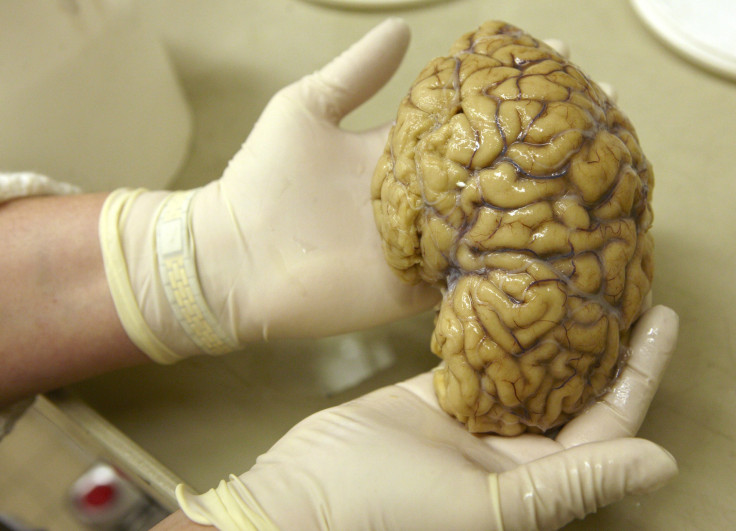Rare Viral Sinus Infection Spreads To Brain, Kills 13-Year-Old

A rare viral sinus infection killed a 13-year-old Michigan boy after it spread to his brain. The boy's family said the eighth grader at the Mt. Morris School District died in a hospital Sunday. Marquel Brumley's death came just a week after doctors told his family that the virus would clear on its own, reports said Wednesday.
Brumley was taken to an urgent care clinic in early February after experiencing common cold symptoms and a headache, relative Peggy Gilbert said. The clinic diagnosed Brumley with a “viral infection” and said it would “run its course.” However, the teenager started suffering from migraines and made multiple visits to hospital emergency rooms but with no resolution. The severe migraine resulted in swelling of Brumley’s face and his left eye was nearly shut.
According to Gilbert, Brumley developed another serious migraine following which an MRI determined that he had a brain infection. After suffering from two strokes, doctors said Brumley needed a brain surgery. Brumley's infection got so severe that it penetrated the bone, into the blood vessels of his brain, causing blood clots. The family said the teen never recovered and died days later on Sunday.
“Unfortunately, it takes a long time to get blood clots to shrink, and the blood clots were putting too much pressure on the brain, and he couldn’t get proper oxygen to his brain,” Brumley's aunt Nicole Alexander told ABC News 12.
"Every day without fail, 'love you Aunt Nicki. See you later.' If they spent the night here he wouldn't go to bed without telling me he loved me. Really just a sweetheart. I'm going to miss having him around," Brumley's aunt also told CBS-affiliated WNEM-TV.
The teenager's sister Alexandria Brumley also spoke out, saying: "He was my favorite person. Now he's not gonna be here anymore ... I feel like it's not real. I feel like he's gonna come back. But I know he's not gonna come back."
A GoFundMe page was set up to help Brumley’s family pay for medical and funeral expenses. The campaign raised $7,718 of $10,000 goal at the time of publishing this story.
Viral sinus infections, which are the most common type of sinusitis, have symptoms of common cold typically lasting up to seven to 10 days. These types of sinus infections generally go away on their own if the patient takes adequate rest and consumes food rich in vitamin C. Common symptoms include headaches, congestion, low fever, nasal discharge, and trouble sleeping.
Meanwhile, bacterial sinus infections are less common. However, these occur as a result of a severe viral sinus infection.
According to the American Academy of Allergy, Asthma & Immunology, about 60 to 70 percent of people with sinus infections recover without antibiotics. It is very rare for viral sinus infections to spread to the brain, but when it does it can cause life-threatening infections such as meningitis or a brain abscesses, according to the Cleveland Clinic.
© Copyright IBTimes 2025. All rights reserved.





















